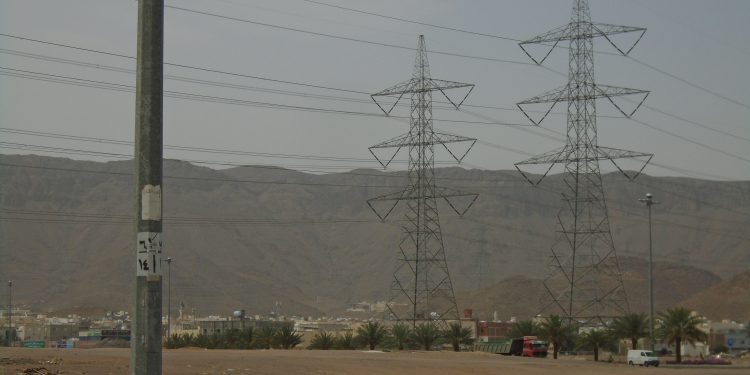Saudi Arabia is intensifying its focus on domestic investment, resulting in higher requirements for foreign investors aiming to operate in the kingdom.
The Public Investment Fund (PIF), Saudi Arabia’s $925 billion sovereign wealth fund, reported a 29% increase in assets to 2.87 trillion Saudi riyals ($765.2 billion) in 2023. This growth was driven significantly by local investments.
Domestic infrastructure and real estate investments by PIF rose 15% to 233 billion riyals, while foreign investments increased 14% to 586 billion riyals. Concurrently, the Saudi government introduced reforms to support its Vision 2030 plan, aiming to diversify the economy away from oil dependence.
Tarik Solomon, chairman emeritus at the American Chamber of Commerce in Saudi Arabia, noted a shift towards domestic opportunities. He emphasized that success with PIF now relies on long-term partnerships and meaningful capital contributions.
An example of this shift is the headquarters law, effective from January 1, 2024, mandating that foreign companies operating in the Gulf must base their Middle Eastern HQs in Riyadh to secure Saudi government contracts.
Saudi Arabia’s updated Investment Law also aims to attract more foreign investment, setting an ambitious target of $100 billion in annual foreign direct investment by 2030. Currently, the average annual foreign direct investment stands at around $12 billion since the Vision 2030 announcement in 2017.
Some regional observers doubt the feasibility of the $100 billion target. A Gulf-based financier, speaking anonymously, highlighted the importance of the new investment law but questioned whether it will achieve the necessary capital influx.
Solomon pointed out that the success of PIF’s domestic investments depends on higher oil prices to support Saudi budgets amidst regional instability and fluctuating oil prices.
James Swanston, an economist at Capital Economics, believes the new law will improve local business conditions and attract foreign investment. The law aims to make foreign investors’ rights and duties equal to those of citizens, simplify the registration process, and streamline the judicial process.
Investors have historically been deterred by unclear and inconsistent regulations. Swanston noted that addressing these issues should reduce the burden on PIF to compensate for weak foreign investment.
Local investment managers point out that the Gulf’s investment approach has become more sophisticated, moving away from the stereotype of “dumb money.” Marc Nassim from Awad Capital remarked that foreign fund managers now face stricter scrutiny.
A Gulf-based financier emphasized that PIF’s focus on attracting investment into Saudi Arabia is clearer than ever. The shift aims at transforming the economy, requiring bankers to adapt to the new priorities.


